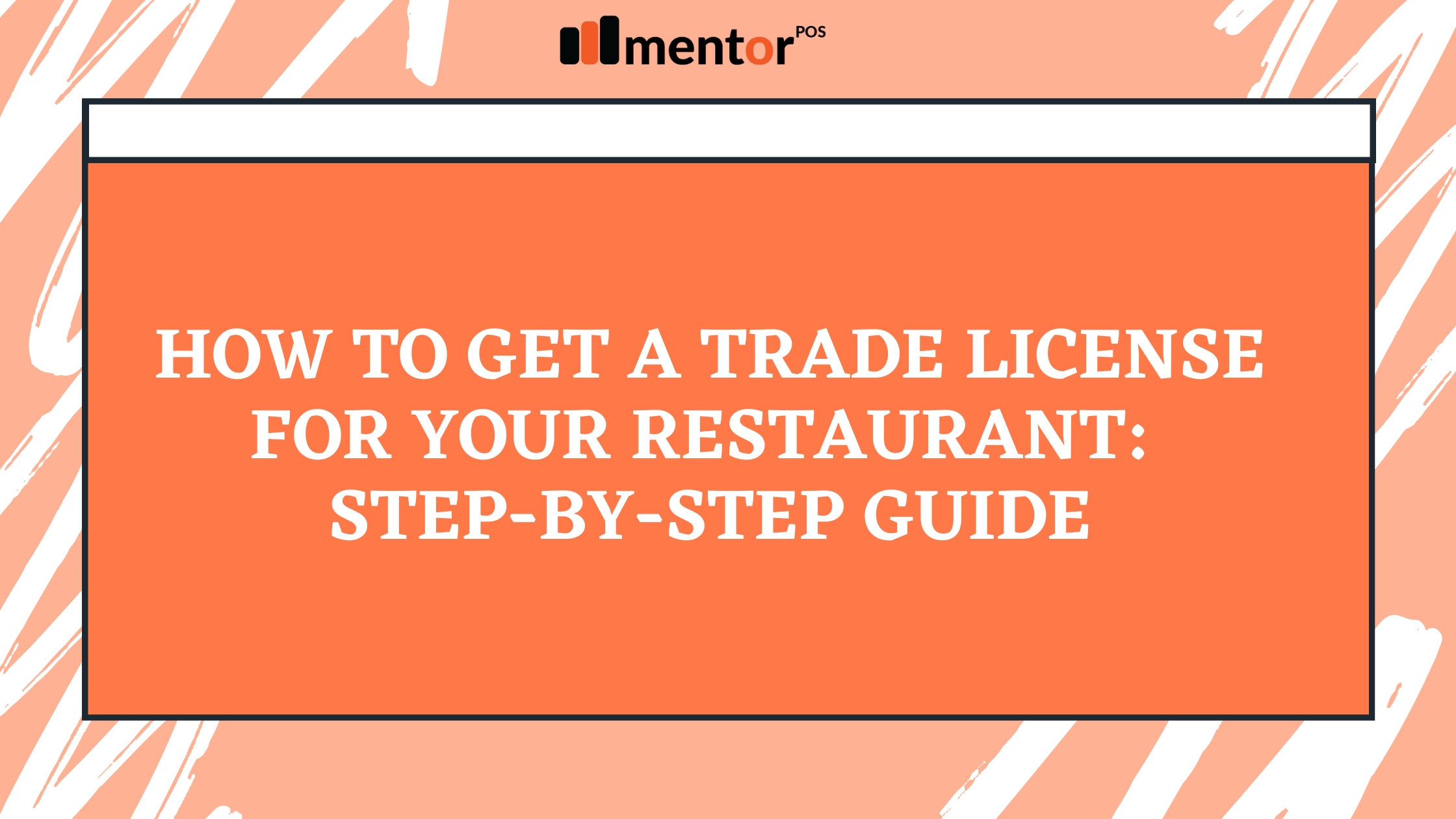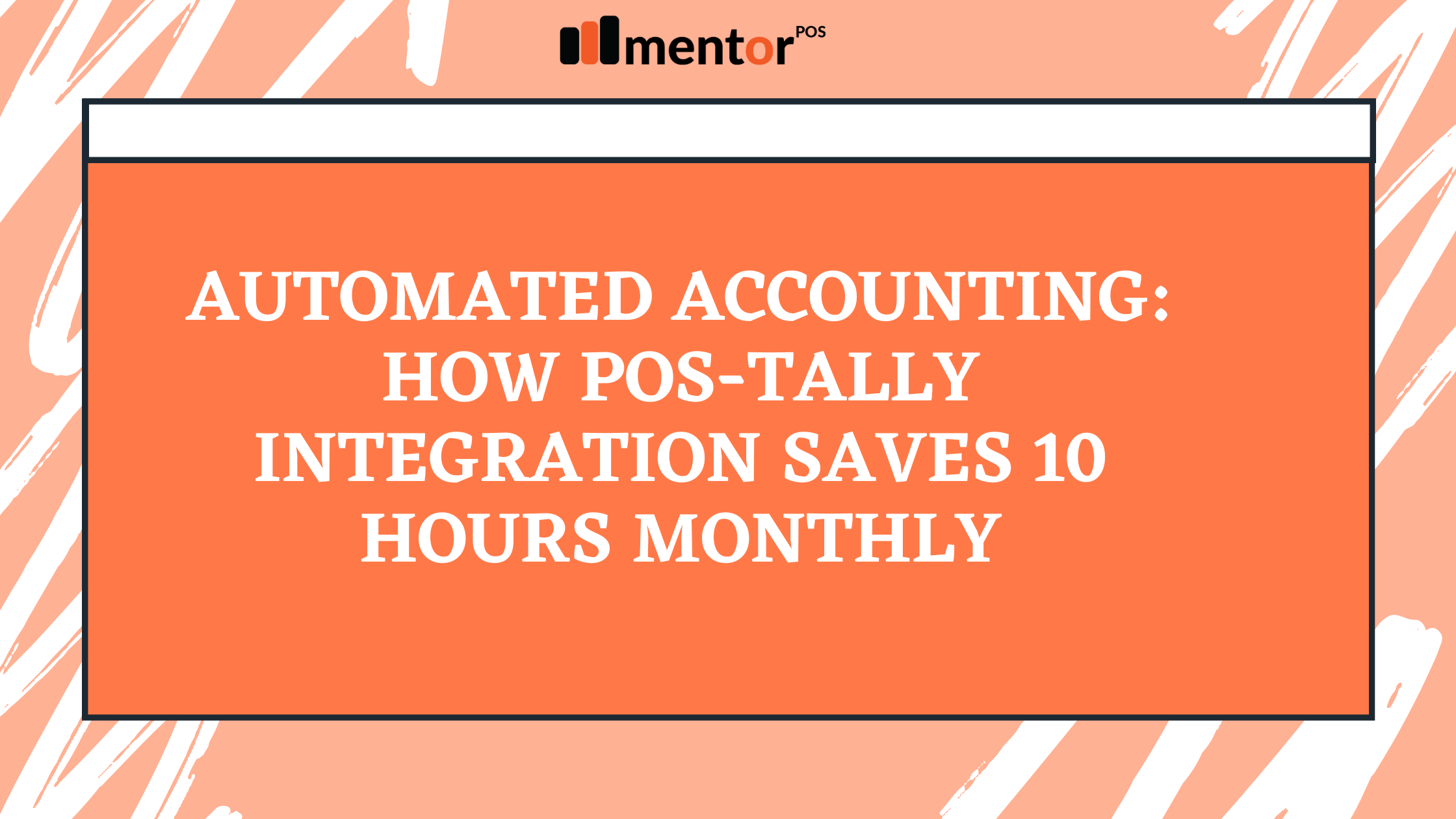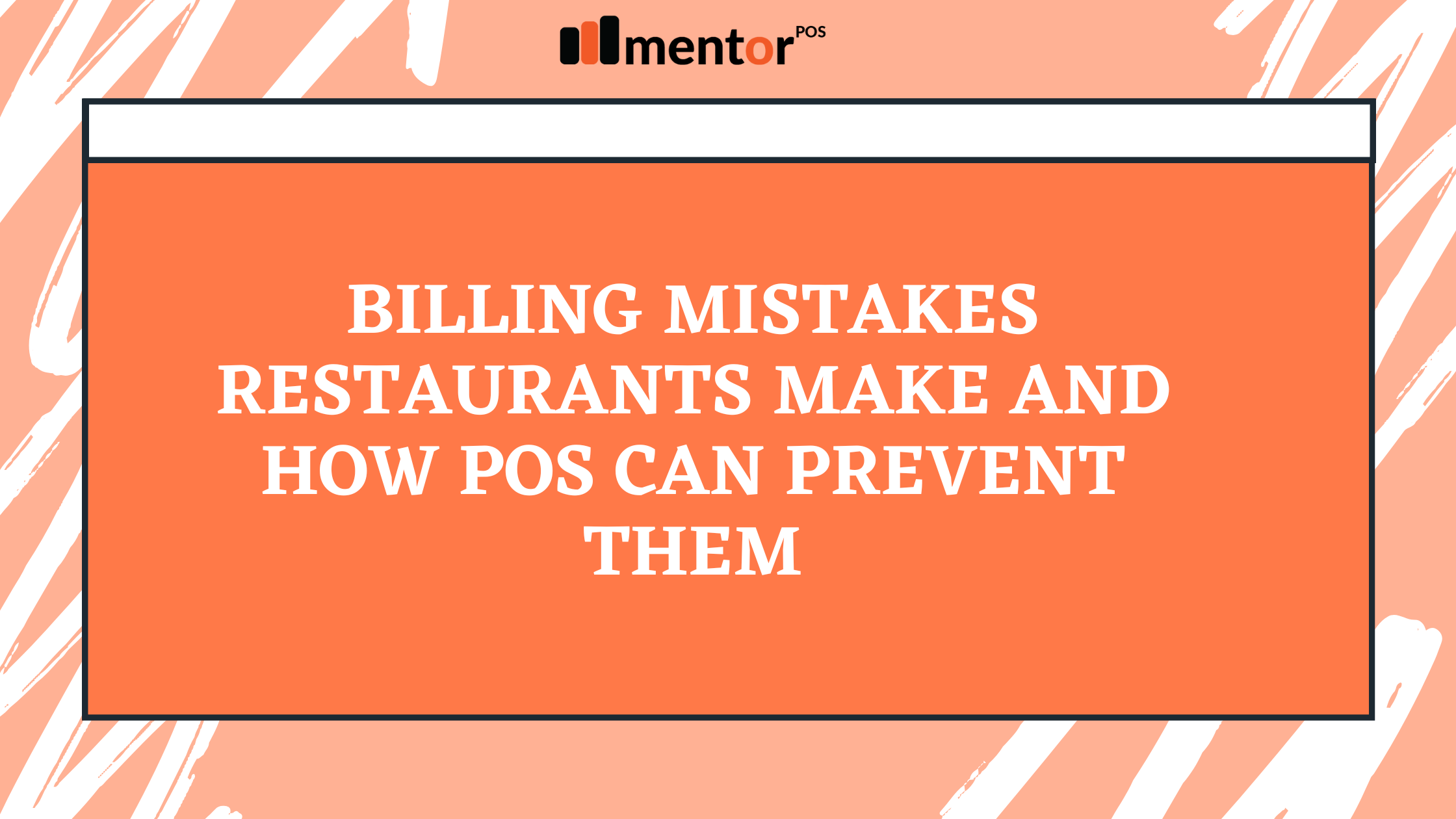Starting a restaurant business is a dream for many aspiring entrepreneurs. However, before you start serving your signature dishes, it’s crucial to ensure that your establishment is legally compliant. One of the most essential legal requirements for any restaurant is obtaining a Trade License. This license is not just a formality—it’s a government-issued permit that allows you to legally operate your food business in a specific location. Without it, your restaurant could face penalties, fines, or even closure.
In this blog, we’ll walk you through a step-by-step guide on how to get a trade license for your restaurant in India and why it’s a must-have for running a smooth and legitimate food business.
What Is a Trade License?
A Trade License is a legal document issued by the local municipal authority that permits an individual or company to carry out a specific trade or business at a designated location. For restaurants, it ensures that your business complies with local laws regarding hygiene, safety, and public health.
Every state in India has its own rules and governing body for issuing trade licenses, typically under the jurisdiction of the Municipal Corporation or Local Civic Body.
Why Do Restaurants Need a Trade License?
Running a restaurant involves preparing and serving food to the public. This means maintaining a certain level of sanitation, waste management, and safety protocols. A trade license ensures:
- Your business doesn’t pose a health hazard.
- You’re following local civic laws and tax norms.
- Customers feel confident dining at a licensed and authorized establishment.
- You avoid legal troubles and ensure smooth operation of your restaurant.
Having this license reflects your commitment to ethical and legal business practices.
Step-by-Step Guide to Get a Trade License for Your Restaurant
1. Choose Your Business Structure
Before applying for a trade license, finalize the legal structure of your business:
- Sole proprietorship
- Partnership firm
- Limited Liability Partnership (LLP)
- Private Limited Company
This decision affects other registrations like GST, PAN, and FSSAI, which are often required alongside the trade license.
2. Register Your Business Name
Make sure your restaurant’s name is unique and register it with the respective authority. For companies, this is done through the Ministry of Corporate Affairs (MCA).
3. Visit the Local Municipal Authority
The application for a trade license must be submitted to the Municipal Corporation or Municipality Office under whose jurisdiction your restaurant falls. Many cities have moved the process online, but some smaller towns may still require physical submission.
4. Collect the Application Form
You can either download the trade license application form from your local civic body’s website or collect it from the municipal office. Fill in the required details carefully, including:
- Name and address of the applicant
- Name and type of business (i.e., restaurant)
- Nature of the business
- Address of the business premises
- Contact details
5. Prepare Required Documents
Here’s a general list of documents required (may vary slightly by location):
- PAN Card of the owner/partners
- Identity and address proof (Aadhar, Voter ID, etc.)
- Proof of ownership/lease agreement of restaurant premises
- NOC from neighbors or surrounding establishments (in some states)
- Site plan/layout
- Water and electricity bills
- Incorporation certificate (for companies)
- Health and Fire Safety clearances (if required)
- FSSAI license copy (recommended)
6. Submit the Application and Pay the Fee
After preparing your documents, submit the application online or in person. You’ll also be required to pay a nominal fee, which depends on the size, location, and type of business.
Keep the payment receipt for future reference.
7. Inspection by Local Authorities
Once the application is submitted, local municipal officers will inspect your restaurant premises to check compliance with hygiene, safety, and waste disposal regulations. Ensure your kitchen, dining area, storage, and sanitation facilities are clean and well-organized.
8. Approval and License Issuance
If everything is in order, your trade license will be approved and issued, usually within 7 to 15 working days. In some locations, it may take up to 30 days. You’ll receive a soft copy (via email or download portal) and sometimes a hard copy.
The license is generally valid for one year and must be renewed annually.
Renewal and Penalty
Trade licenses need to be renewed every year. Failing to renew on time can lead to penalties or suspension of business activities. Most municipalities now offer online renewal services, making it easier to stay compliant.
Key Tips for a Smooth Process
- Start early: Don’t wait until your opening date is near.
- Be organized: Keep all business documents and identity proofs ready.
- Maintain hygiene: Clean premises can make or break your inspection.
- Use a consultant: If you’re unsure, hire a legal or compliance consultant to handle the paperwork.
Summary
Getting a Trade License is not just a legal requirement—it’s a reflection of your restaurant’s professionalism and trustworthiness. In an industry where health, hygiene, and public safety are crucial, having the proper licenses builds customer trust and protects your business from unwanted legal issues.
Investing time in securing a trade license early on ensures peace of mind and allows you to focus on what truly matters—serving great food and delivering a memorable dining experience.







